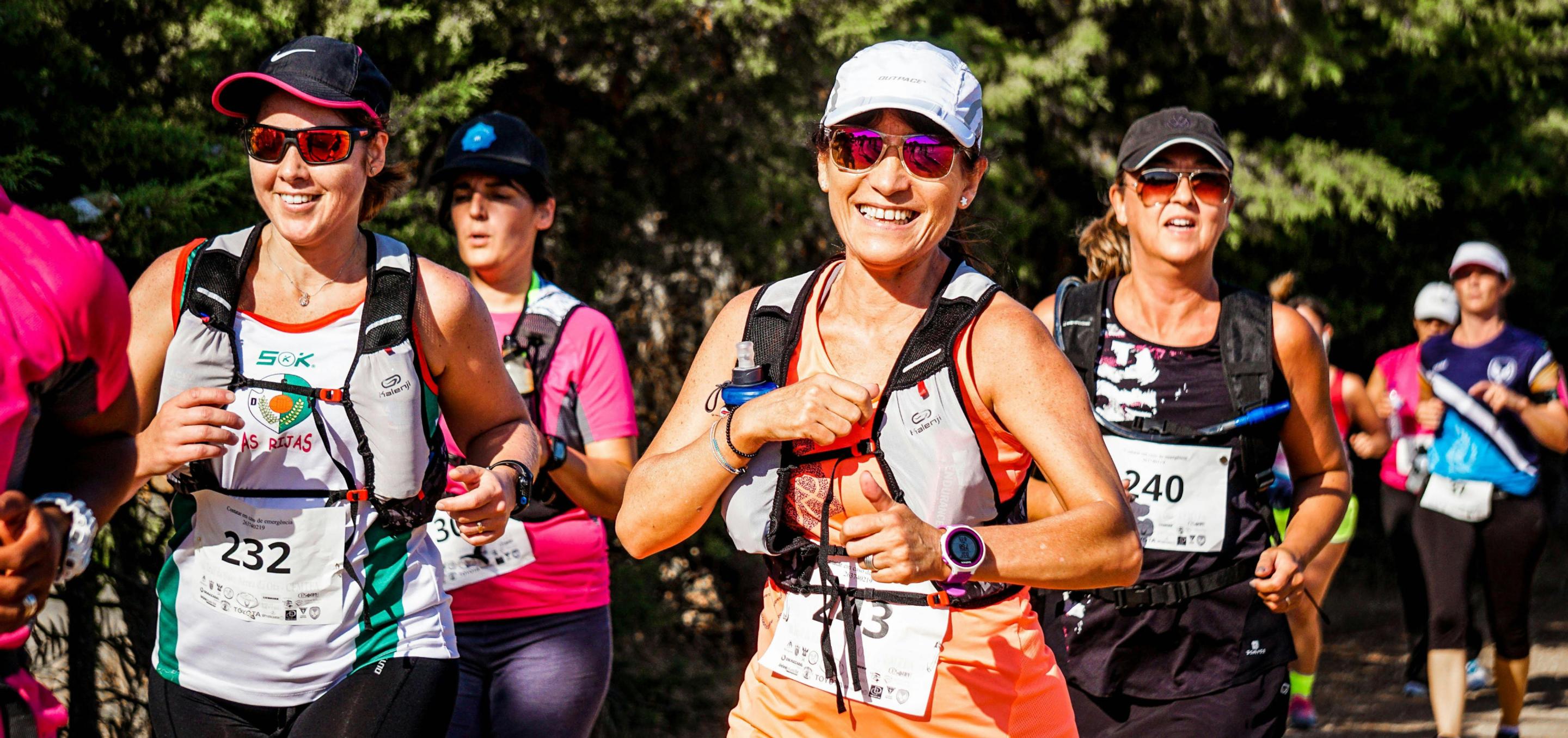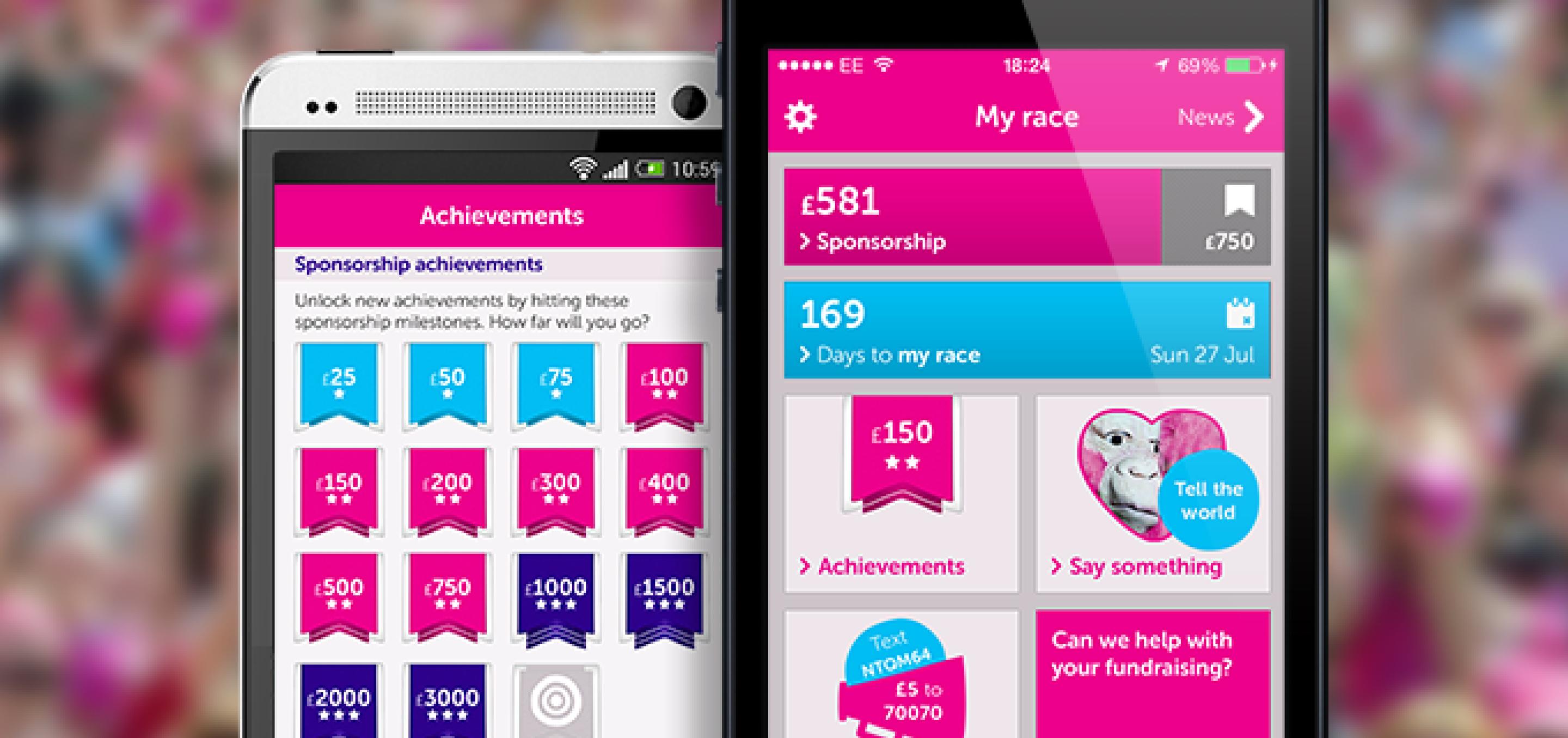
Cancer Research

Transforming Race for Life with Seamless Digital Fundraising
Transforming Race for Life with Seamless Digital Fundraising
Cancer Research UK is the world's largest independent cancer research organisation, dedicated to funding scientific breakthroughs and raising public awareness. To support its Race for Life event—the UK’s largest women-first fundraising race—the charity needed a seamless, engaging, and effective digital fundraising platform.
Our role was to shape and deliver a feature-rich mobile app, designed to motivate participants, streamline online donations, and maximise fundraising potential.
Enhancing Engagement & Fundraising Efficiency
To ensure the app delivered value for both runners and donors, we focused on:
- Seamless donation integration – Linking with JustGiving for effortless sponsorship tracking.
- Motivational gamification – Implementing nudges, rewards, and progress tracking to keep participants engaged.
- Personalised sharing tools – Helping runners promote their fundraising efforts through JustTextGiving and social sharing.
By aligning user experience with fundraising goals, we created a platform that inspires action and drives donations.

Innovating for Scalability & Engagement
To ensure high adoption and long-term impact, we developed:
- Live newsfeeds & event countdowns, keeping participants informed and motivated.
- Optimised UX for mobile donations, making it easier for supporters to contribute.
- Agile development & continuous improvements, ensuring a seamless and evolving user experience.
Through technical innovation and user-focused design, we helped Race for Life exceed its fundraising targets while modernising Cancer Research UK’s digital fundraising strategy.
Proven Impact & Fundraising Growth
The Race for Life app delivered measurable success:
- 79% over target downloads
- 56,000+ downloads
- Increased participant engagement, leading to higher fundraising conversions.
- Streamlined donation experience, reducing barriers for online giving.
By combining strategic digital execution with intuitive design, we helped Cancer Research redefine charitable giving in a digital-first world.
Future-Ready Digital Fundraising
By transforming how charities engage supporters through digital, we enabled Cancer Research UK to elevate Race for Life into a powerful, modernised fundraising platform—designed for impact at scale.


